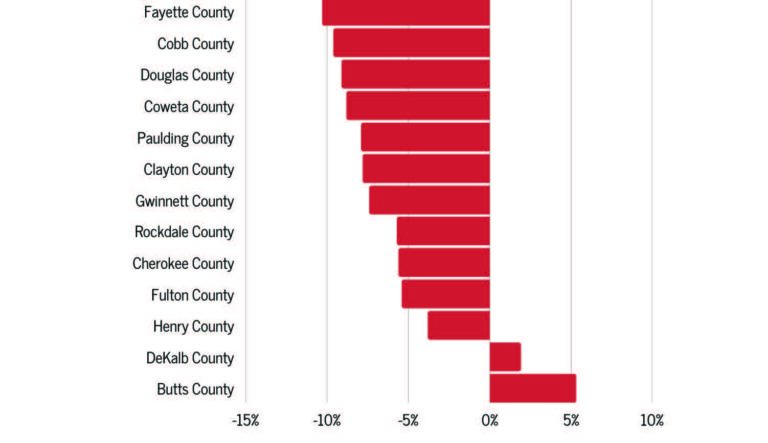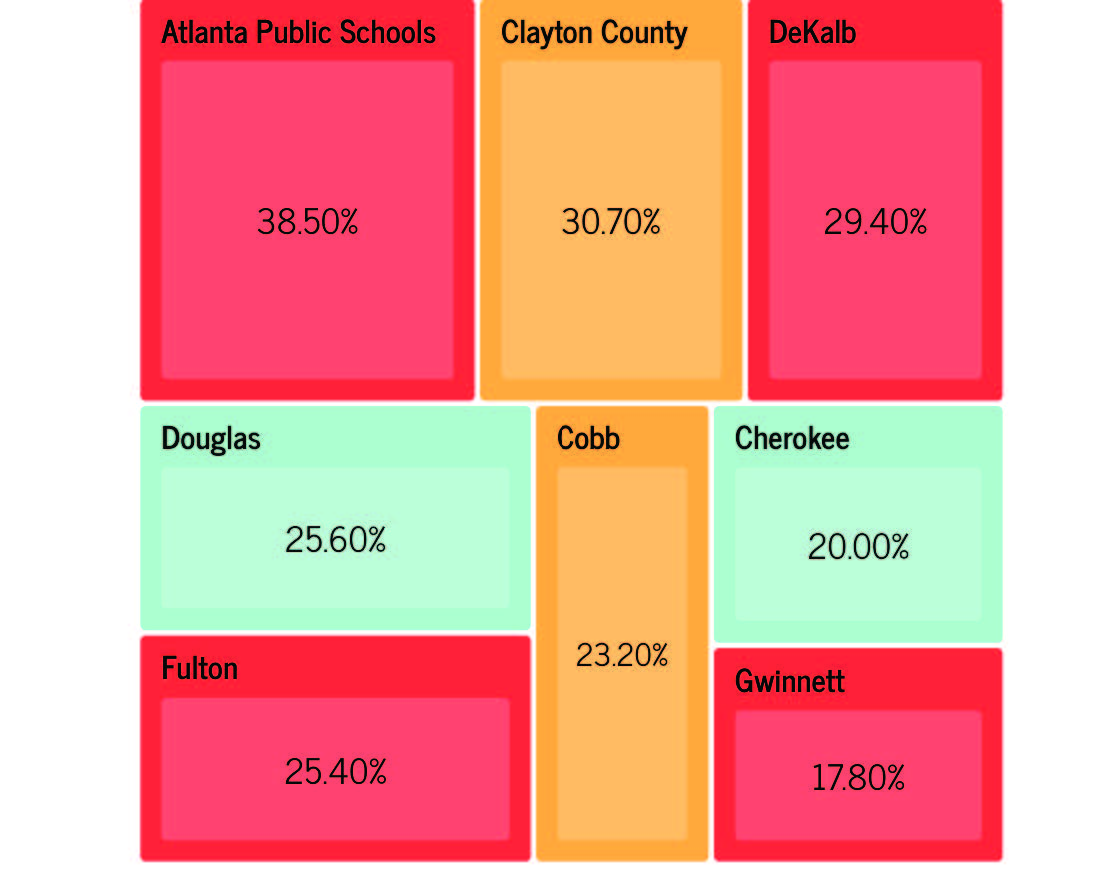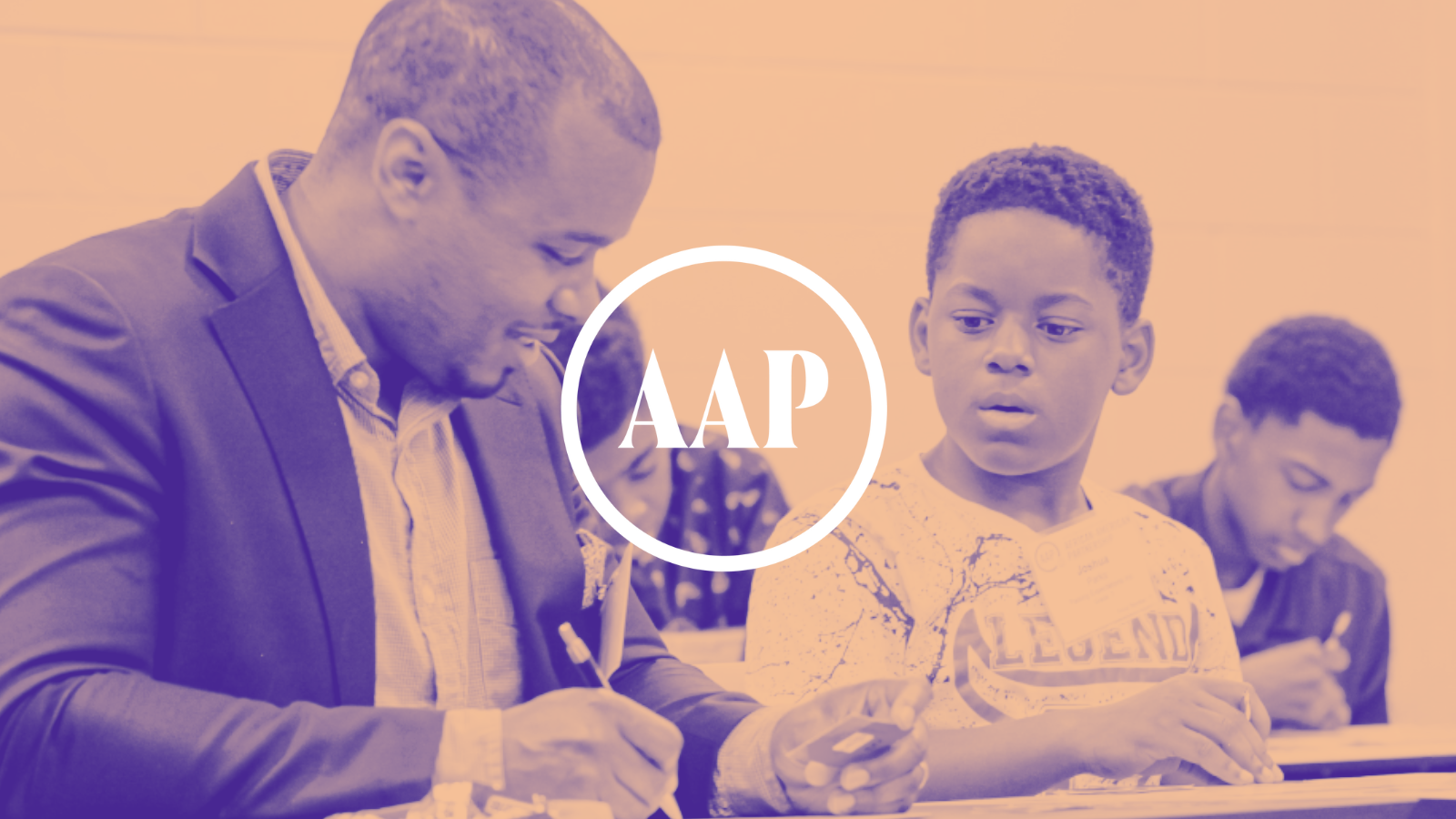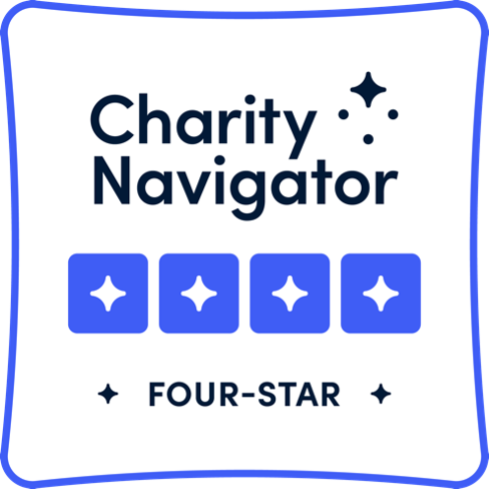The mission of the African-American Partnership (AAP) is to positively impact the community by increasing the number of African-American leadership donors ($1,000 or more annually) to United Way and improve outcomes for African-American boys and young men in the metro area. For many years, AAP’s Powering the Potential program has successfully leveraged partnerships to bridge college and career readiness gaps through increased academic supports, educational opportunities, and pathways to employment for middle and high school boys of color.
AAP has made a remarkable pivot in how they are fulfilling that mission because of revelations in our most recent Child Well-Being Outlook Report 2023: Insights for Impact. In the latest update, we found challenging data for young African-American men and boys especially. There were significant declines in student’s academic achievement across the region during the pandemic due to school disruptions, inconsistent access to broadband connectivity and online learning resources. According to Harvard University (CEPR), “The educational impacts of the pandemic were not only historically large but were disproportionately visited on communities with many low-income and minority students.” Each of the 13 counties that make up Greater Atlanta saw a decrease in reading proficiency and all but two saw a decrease in math proficiency from 2019 to 2022. Research shows that children who don’t meet early educational milestones in reading and math are more likely to struggle in high school, college, and careers.
To combat learning loss, AAP’s Powering the Potential Program aims to improve academic. This program targets communities where inequities in education are prominent and youth are more likely to be left behind. It’s imperative that extra supports are provided to mitigate further decline. With a commitment to closing opportunity gaps, the Powering the Potential program aims to reduce learning loss through the following:
- Exposing youth to academic support in reading and math, offering engaging and hands on activities aimed at closing the learning loss gap, utilizing learning acceleration, and contextualized learning strategies.
- Providing early intervention services focused on school transition assisting youth in transitioning from every educational level starting middle school into post-secondary.
- Connecting youth to mentors and coaches focused on educational and career planning.
- Strengthening family engagement through fostering the natural leader in parents and connecting youth and families to resources, address housing and basic needs barriers, and provide access to available support services.
Learning Loss rises to the top of the COVID-19 impacts
8th grade math proficiency change, 2019 to 2022

Among our 13-county footprint, the largest gap in reading proficiency is seen in Clayton County, which had a decrease of 12.2%. The largest gap in math proficiency is seen in Fayette County, which had a decrease of 10.3%. These students are much more likely to have difficulty in college and career. AAP’s Powering the Potential is committed to preventing and eventually reversing these trends so that future generations have better outcomes.
Education is being challenged further
This learning loss is further challenged due to a post-COVID spike in chronic absenteeism. Among these absentee students, African-American youth are missing the most days. This visual demonstrates the 2021-22 absenteeism rates at a handful of Greater Atlanta school systems.
Our key partners
- Andrew and Walter Young Family YMCA
- Atlanta CARES Mentoring Movement
- Future Foundation
- OneGoal
- Raising Expectations
- Villages at Carver Family YMCA
Data: Georgia Department of Education

State average: 24%
To support AAP and Powering the Potential, register to join us for the 8th Annual Leadership Luncheon.





